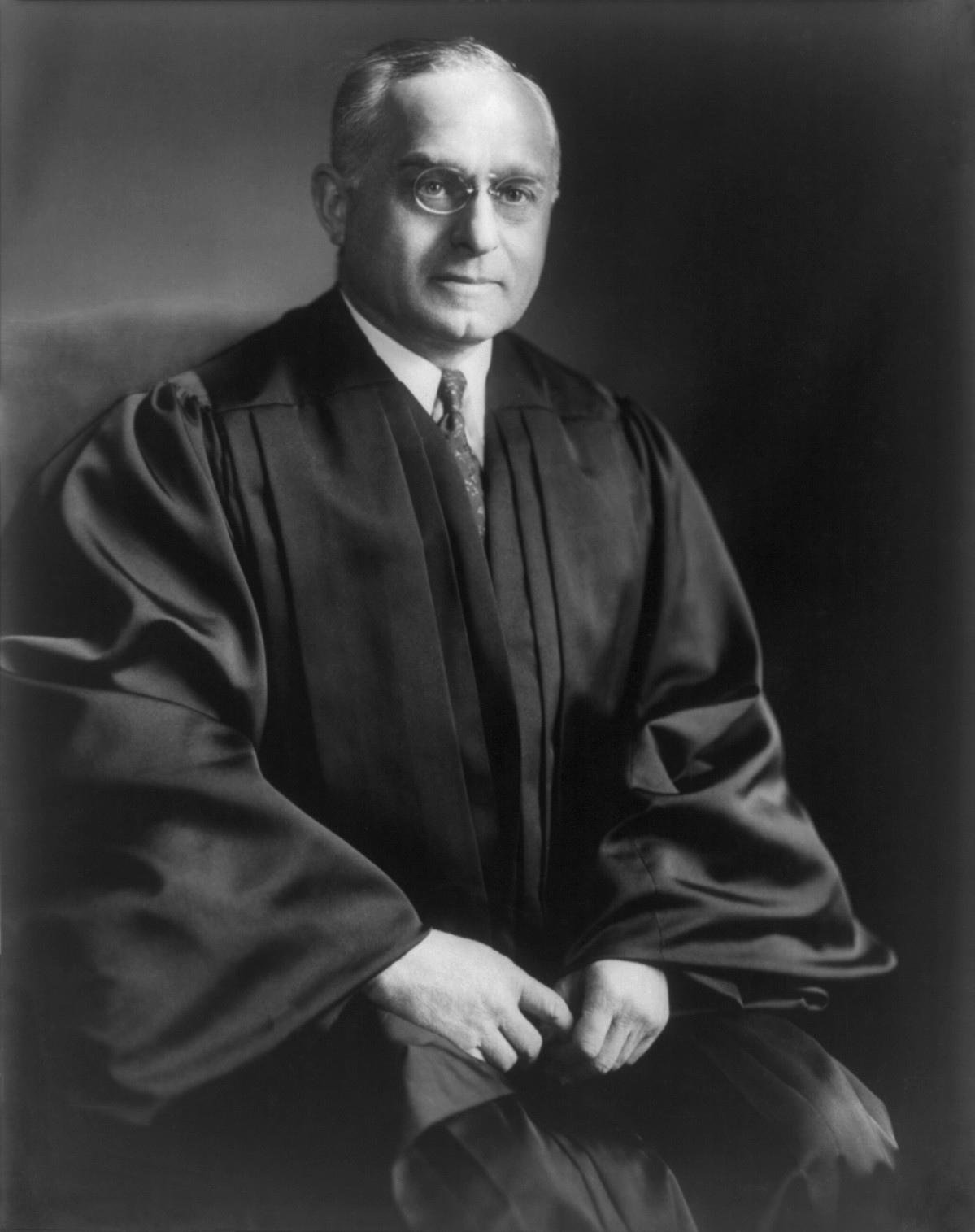Concurring, American Federation of Labor v. American Sash & Door Co., 335 U.S. 538, 557 (1949).
Judicial opinions
Felix Frankfurter: Frases em inglês
First Iowa Coop. v. Power Comm'n., 328 U.S. 152, 188 (1946).
Judicial opinions
"The Supreme Court in the Mirror of Justice," University of Pennsylvania Law Review (April, 1957), p. 786.
Other writings
“The mode by which the inevitable is reached is effort.”
Quoted by Garson Kanin in Atlantic (March 1964).
Other writings
Davis v. United States, 328 U.S. 582, 597 (1946).
Judicial opinions
Rogers v. Richmond, 365 U.S. 534, 540-41 (1961).
Judicial opinions
The scope and nature of the constitutional guarantee of the freedom of the press are to be viewed and applied in that light.
New York Times (November 28, 1954).
Judicial opinions
